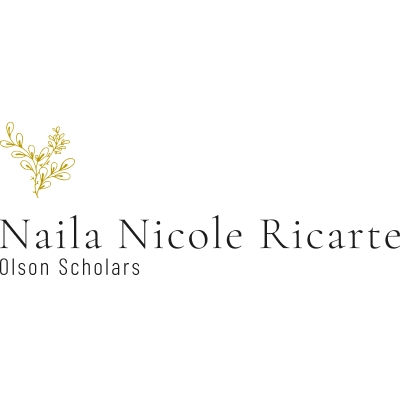As was discussed in Chapter 2, “Basic Debates and Methodological Practices,” in Abbott’s Methods of Discovery, ontology is the philosophical study of being. Under that broad umbrella, are debates that aim to explain existence and reality. For example, some the ontological debates mentioned in the reading were: 1) culturalism—the symbolic systems that encode life, 2) individualism—how self-interests produce the social world, 3) constructionism—identity is fluid and circumstantial, therefore it is formed through interactions with others. Methodology, as explained in Chapter 2 as well is the systematic, theoretical analysis of methods as it is applied to the social sciences. In Chapter 1, “Explanation,” Abbott recognizes five methodological traditions: ethnography, historical narration, standard causal analysis, small-N comparison and formalization.
As researchers, try as we might, we cannot remain objective observers of the social world. On the very first in-class session, we were asked the question: who is research for? We agreed that research is, in large part, conducted for other people (as it should). Research, by definition a systematic production of knowledge, is nor a self-contained enterprise. We as researchers aim to build upon the works of past scholars through the process of knowledge addition. But inherently, through this knowledge addition, we are superimposing or agendas by choosing which questions to ask, which methodologies to use, and the sources which we draw from. This thereby makes us a co-producer of the reality we “created,” though I believe the better word is “perceived.” Ultimately, the process of research is an intimate relationship between puzzle and scholar. In the Chapter “Ideas and Puzzles,” Abbott states that there are both personal and social sources for research puzzles but all “can be dangerous because they give us particular desires for particular kinds of results, because they can get mindlessly routine” (p. 447). This stance pertains to my research in particular because as someone who will probably conduct a lot of statistical analysis, I will not be naïve to the fact even number can certain biases.
Research is not limited to what can be seen with our eyes. That means exploration is open to invisible structures and phenomena, as well as social norms. However, substantive research is built on empirical data and facts. Therefore, claims to “invisible” entities must be quantifiable in some form.
Notes
Abbott, Andrew Delano. Methods of Discovery Heuristics for the Social Sciences. New York: W.W. Norton, 2004.

Hi Naila! I think your point about the potential (or inevitability) of bias in statistical research is important and often overlooked. As we identify the strengths and weaknesses of our tentative selections in methodology, we could all benefit from continued skepticism even regarding our choice’s strengths, as you describe in this post. Further, your selection of the Abbott quote from page 447 regarding the danger of mindless routine will likely be especially important with statistical, or any neopostive, research because of how most education has trained us to think about research. Beyond your recognition of the weaknesses in statistical research, have you considered which strengths of other methods you might be able to incorporate into your early stages of research?
To address the question you posed, yes, I have thought about other methodologies and the strengths that they inherently have. I was considering perhaps incorporating more historical analysis towards the early stages of my research. Being deliberate about the sources I choose will allow me to separate myself from the liberal, Western values of humanitarian aid that I’ve grown accustomed to. This is incredibly important in discovering the perspectives of those being helped, that getting the same narrative from the Western “savior” from the Global North. Thank you for the insight, much appreciated!
Naila, you have a good start here as you think about some of these important debates from Abbott. I’d push you a bit to think about the (apparent) contradiction between your claim that we cannot be objective observers of the social world and your later statement that you will likely rely on statistical analysis–a methodology that is premised on the idea of mathematically eliminating bias from analysis! How do you reconcile these things?
Perhaps the key is to be more careful in using the term “bias.” As we’ve discussed in class, this concept *only* makes sense in the neopositivist world where there is the assumption of an actual, separately existing truth against which we can test our explanations. Assumptions is probably a more accurate term when we think about these basic debates from Abbott. “Bias” implies some sort of deliberate slant, whereas our ontological and epistemological assumptions are more subconscious and involuntary. Indeed, the very idea behind properly selecting statistical controls (along with some other methodological tools in the neopositivist world) is to allow researcher to be aware of, and control for, potential biases.